Salmon Falls Creek Reservoir, located in southern Idaho near Rogerson, Idaho is a popular fishery, particularly for walleye. The reservoir, located within the Magic Valley Region is one of only three managed walleye fisheries in the state.
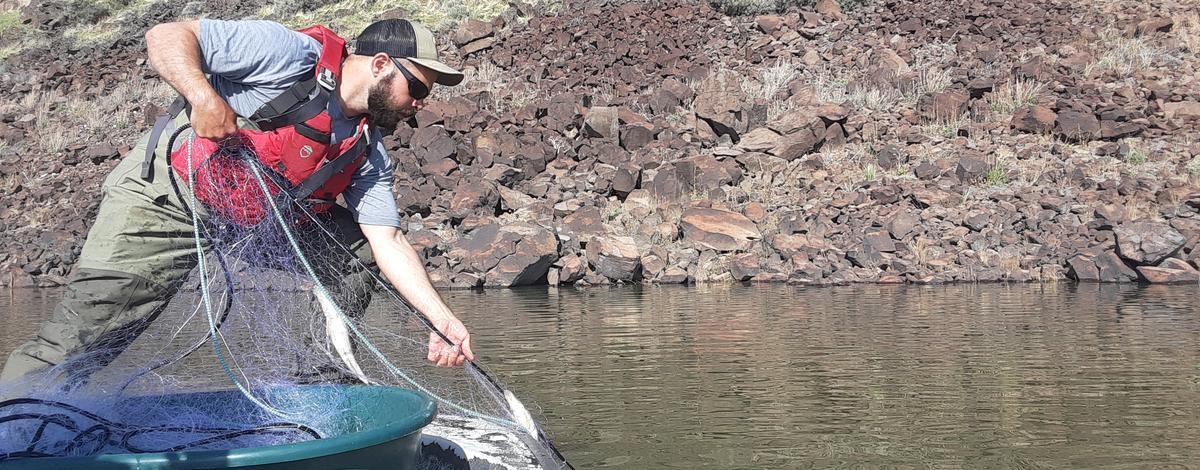
Walleye fishery update in Salmon Falls Creek Reservoir
Lowland lake surveys of fish populations and species composition are typically done every three years
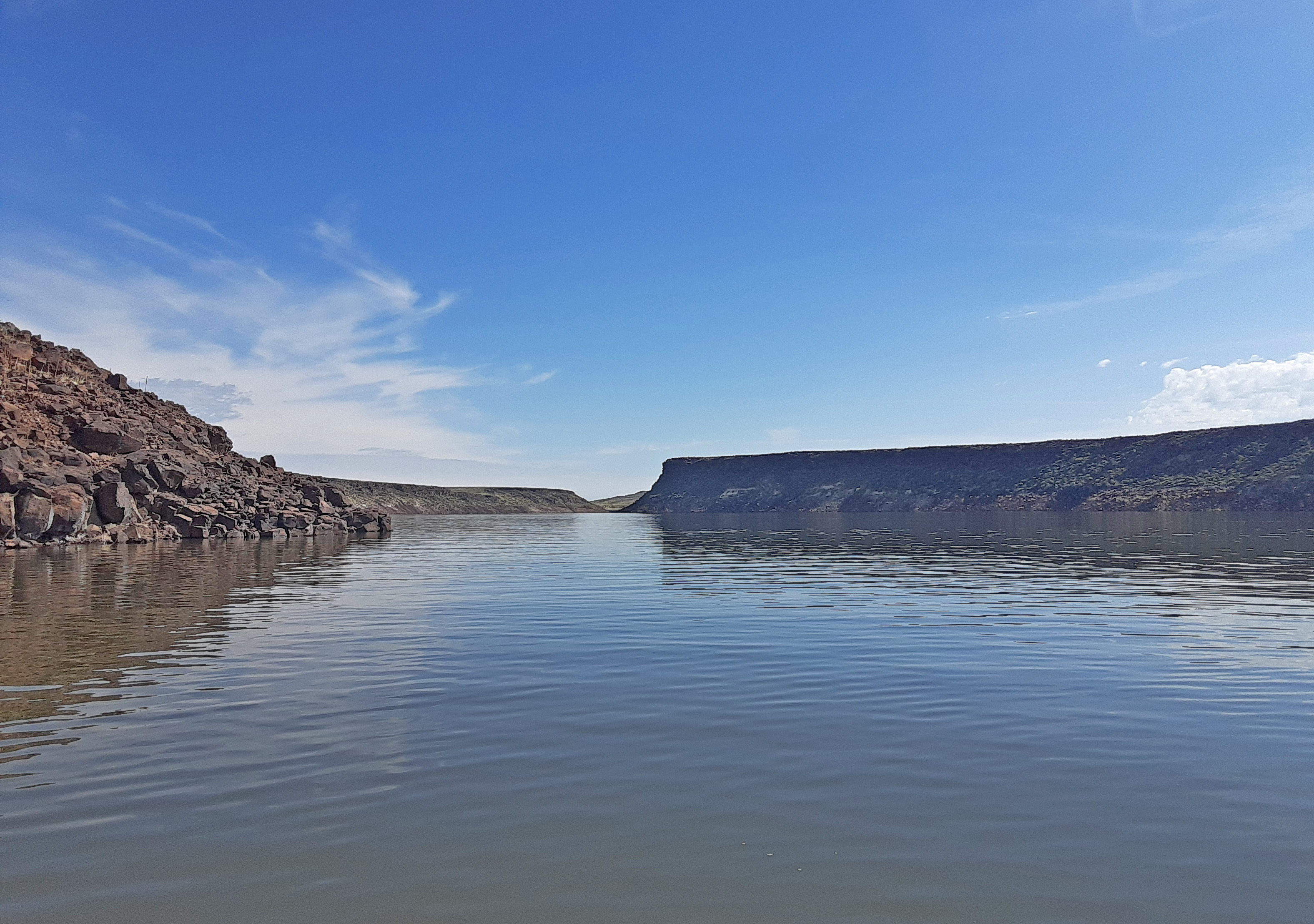
2020 survey
In 2020, a lowland lake survey was performed on the reservoir to examine the fish community within the reservoir. Information collected during the survey pointed to an overabundant predator population, which included rainbow trout, smallmouth bass, and walleye. Walleye dominated the overall catch from the survey and length and growth information indicated the population was experiencing stunted growth.
Stunted growth often occurs when there are too many mouths chasing too few prey resources.
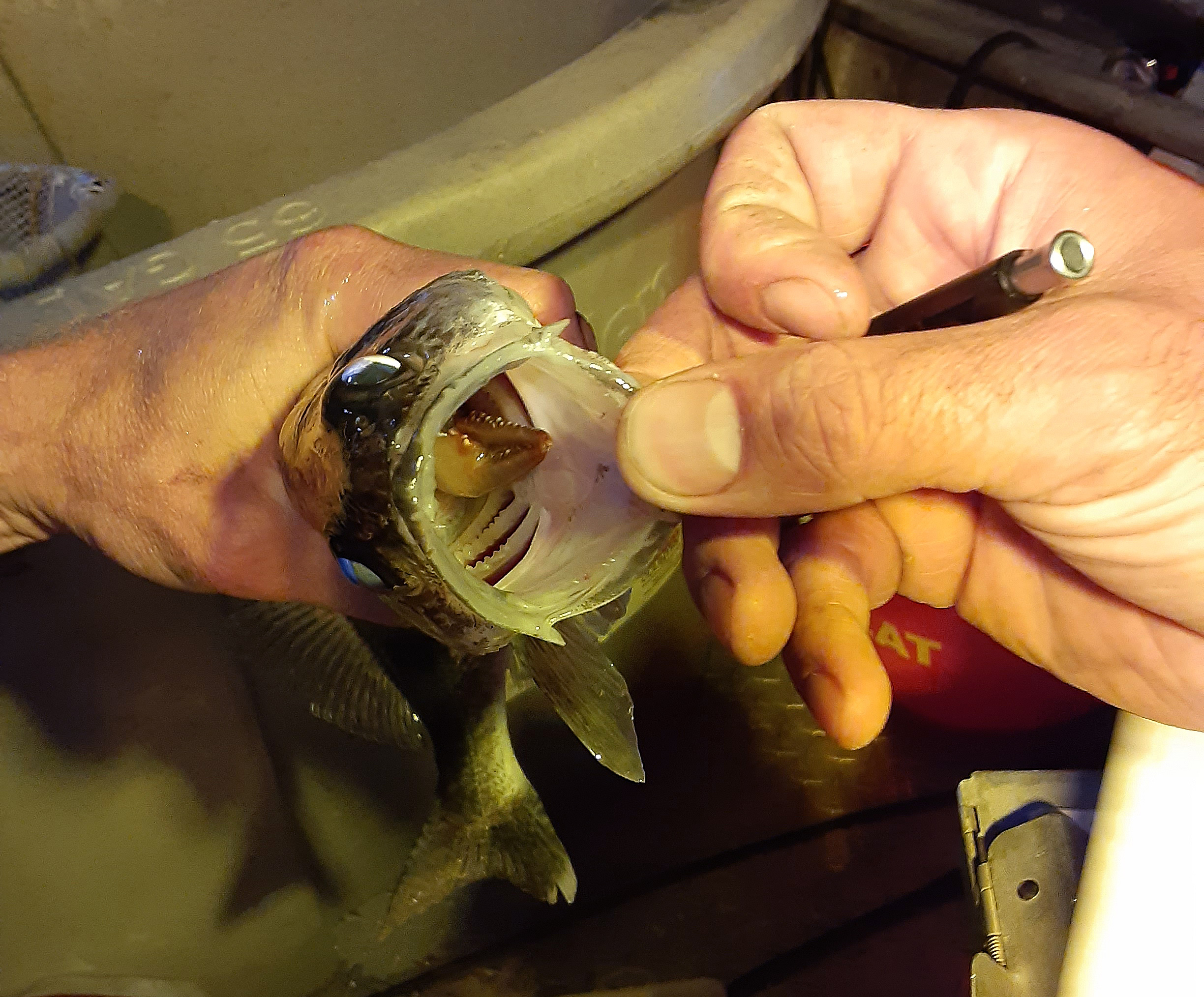
The survey found a whopping 89% of the walleye sampled were between 8 – 13 inches, with an average length of 12 inches and an average weight of 0.8 pounds. Eight percent of the walleye sampled were between 14 – 20 inches, and 3% were greater than 20 inches. The biggest walleye sampled during the survey was 26 3/4 inches long and weighed 7.4 pounds. No walleye less than 8 inches were sampled, indicating that natural production was likely limited.
The most recent stocking occurred in 2019 where 1.68 million walleye fry were stocked in Salmon Falls Creek Reservoir. The survival of these fry was likely poor due to the overabundant predator populations.
Fast-forward three years, and some changes were observed during the survey in the spring of 2023.
2023 survey
In the 2023 survey, 23% of the walleye sampled were between 8 – 13 inches. The average length of walleye increased to 14 inches and the average weight increased to 1.0 pound. Sixty-two percent of the walleye sampled were between 14 – 20 inches and 5% were greater than 20 inches. The biggest walleye was 33 1/4 inches long and weighed in at 10.2 pounds. Additionally, 11% of sampled walleye were between 4 – 8 inches, indicating that natural recruitment has likely occurred since the 2020 survey.
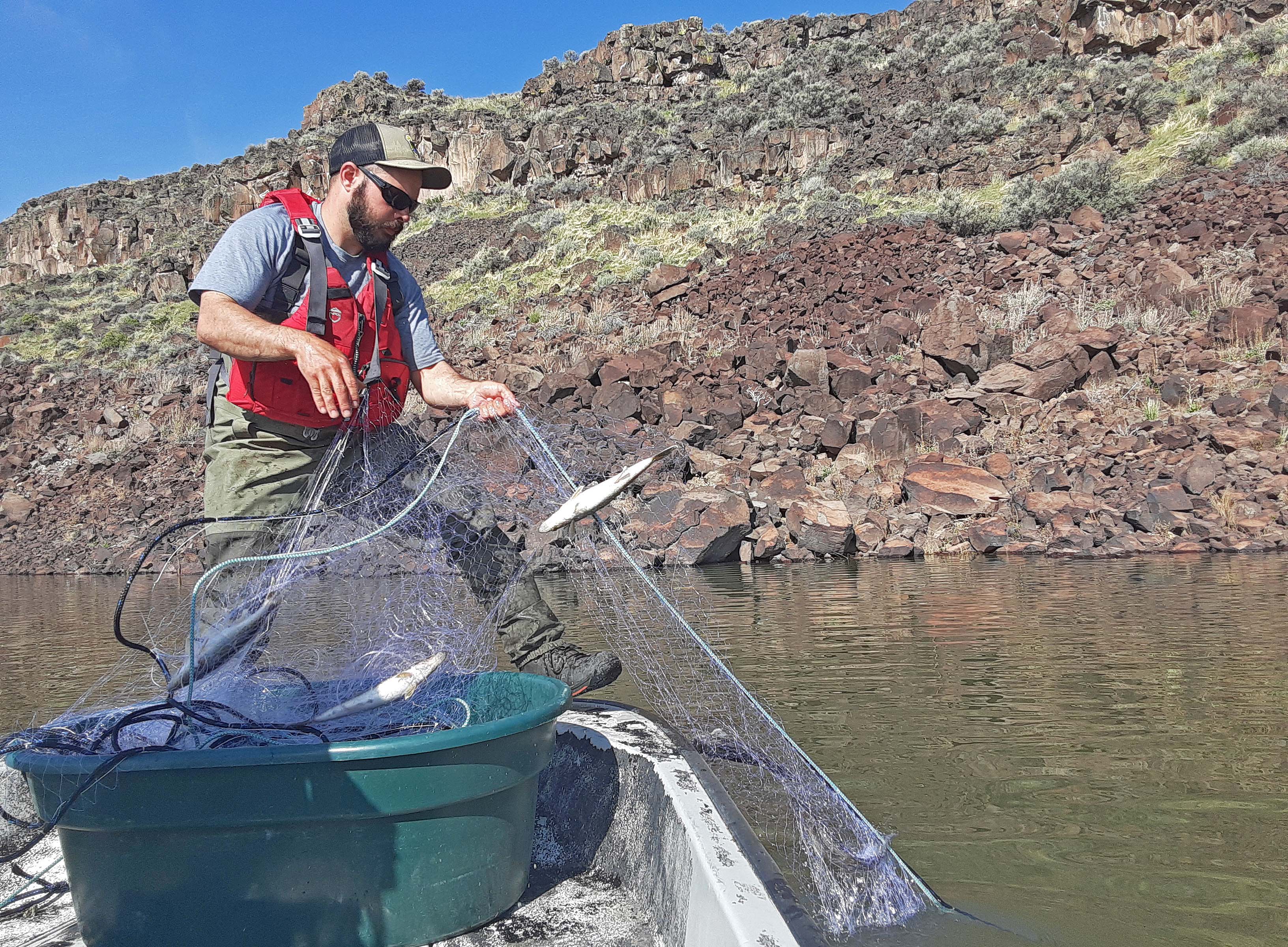
Most walleyes that were between 8 – 13 inches now appear to be between 14 – 20 inches, which should be attractive to anglers. Additionally, there is opportunity for anglers to potentially land a trophy walleye, meaning greater than 30 inches, as evident by the 33 ¼ walleye that was sampled.
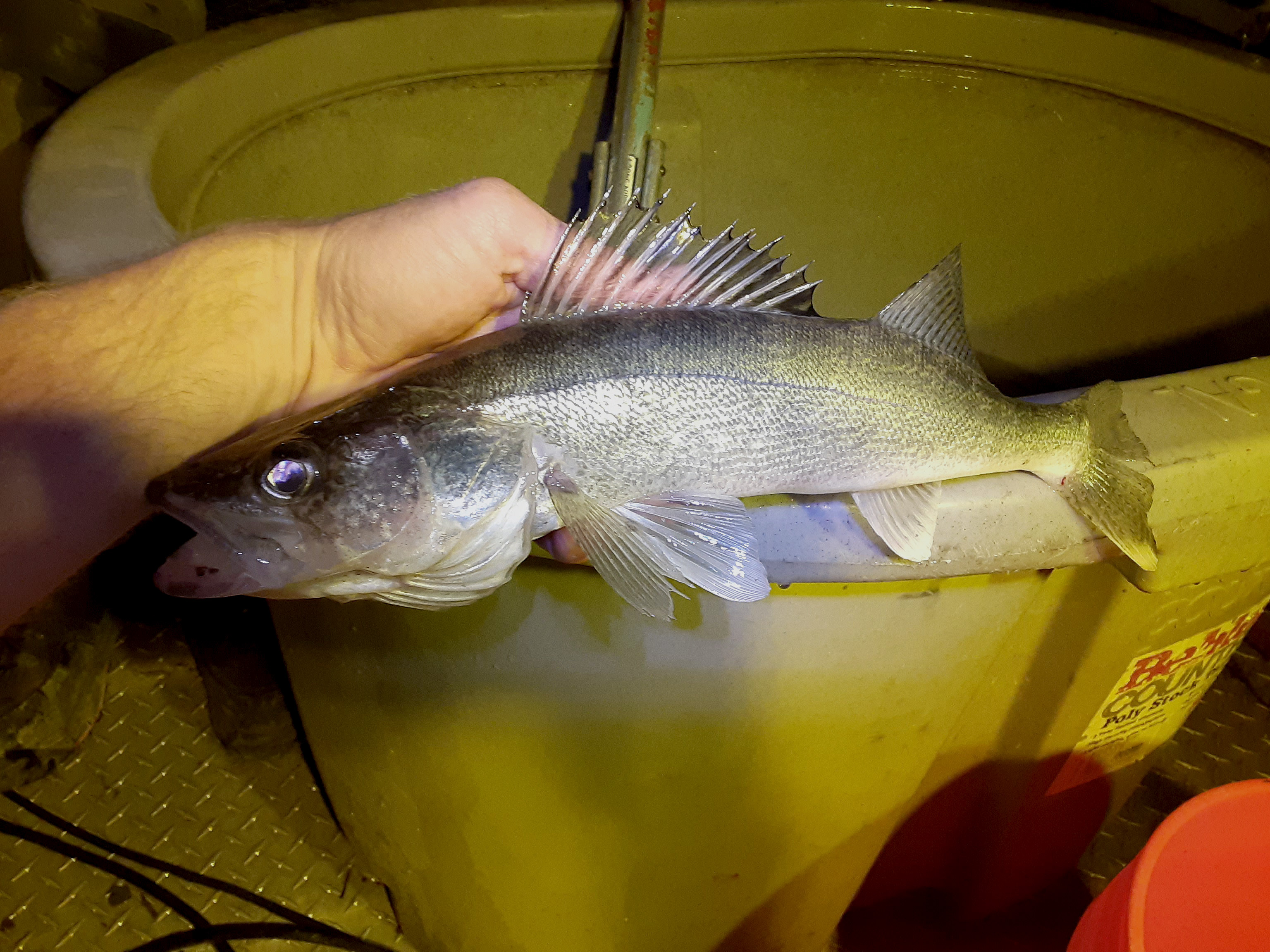
Another lowland lake survey on Salmon Falls Creek Reservoir is tentatively planned for 2026.
By continuing to monitor the walleye fishery at Salmon Falls Creek Reservoir, biologists and managers hope to gain a better understanding of how the population functions through time with a goal to improve walleye fishing opportunities for the angling public.
